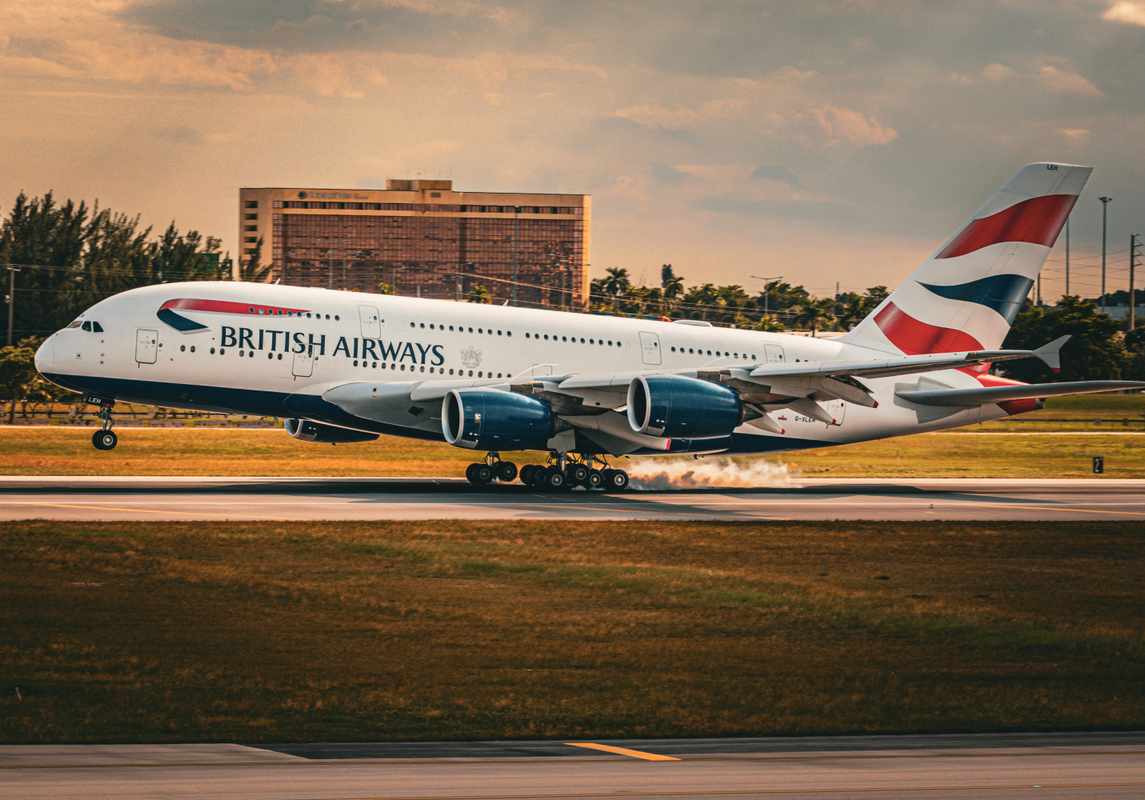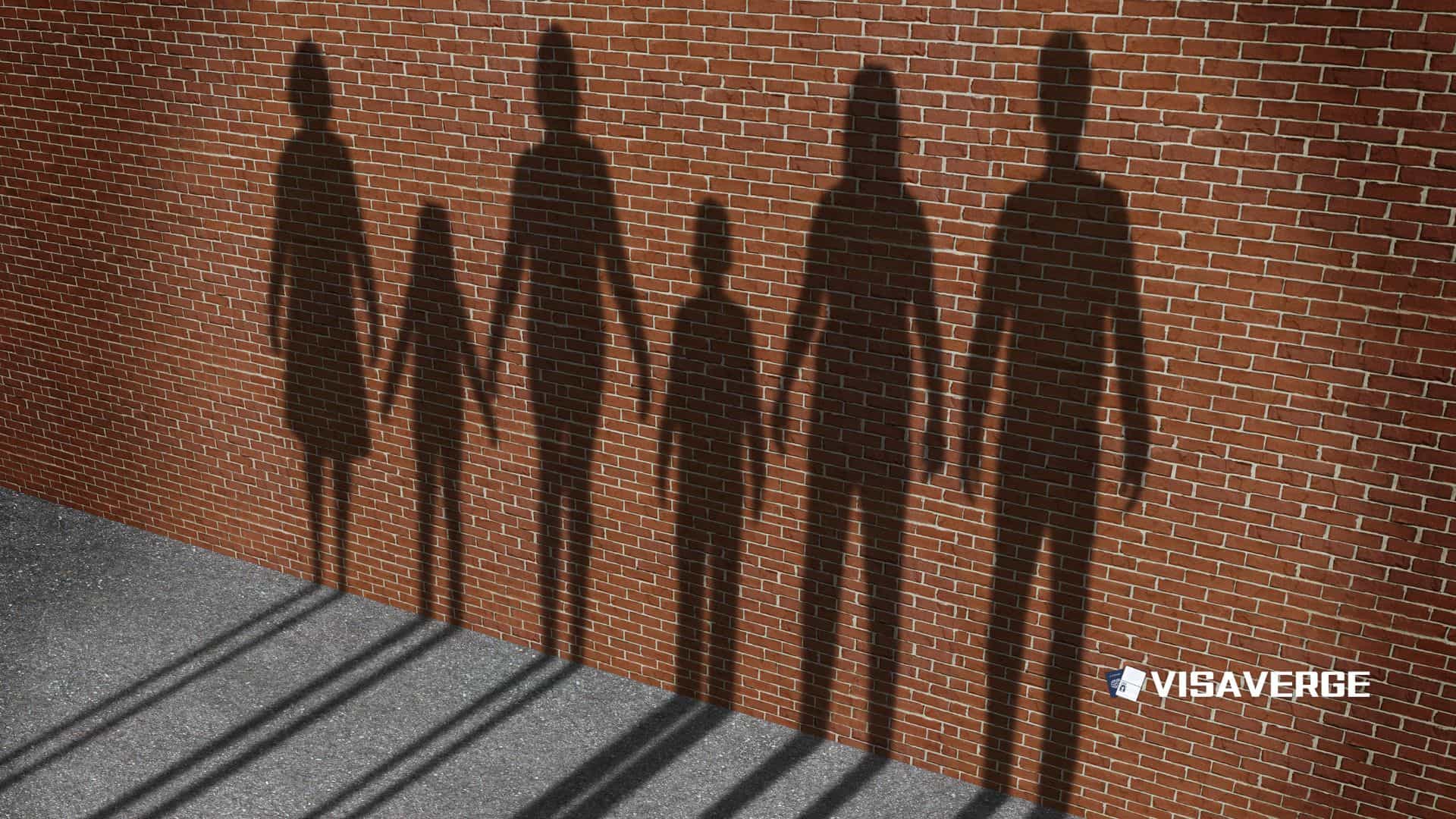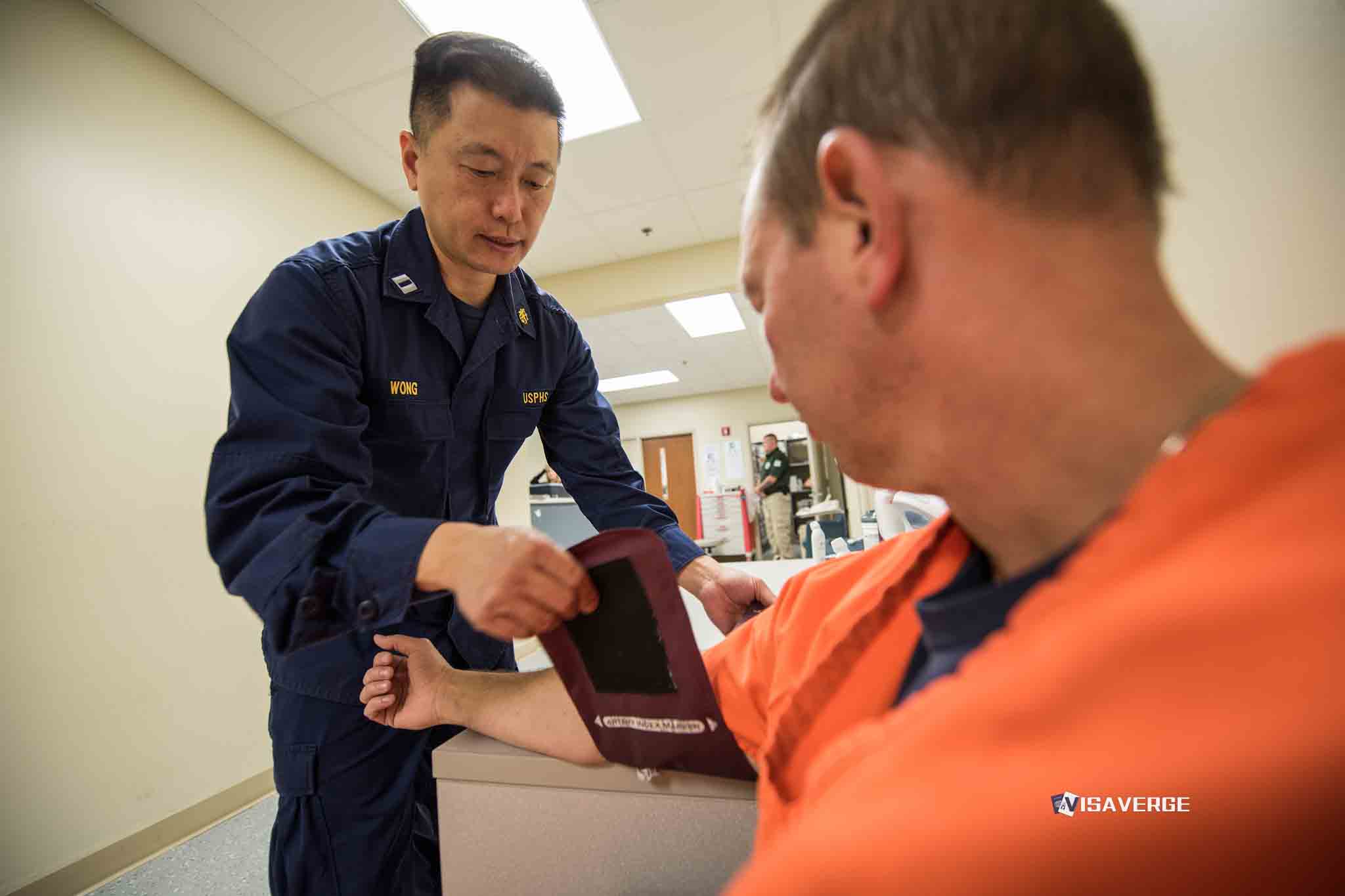Key Takeaways
• Alaska’s refugee support ends October 2025; arrivals must qualify within five years of eligibility.
• Eligible refugees get cash aid, medical care, job help, ESL classes, and legal support.
• Welcome Corps enables private sponsorship after state program termination in Alaska.
If you are a refugee or asylum seeker considering Alaska as your new home in 2025, it’s important to know what support and resources are available, who qualifies, and how recent changes may affect your options. This guide explains the eligibility rules, what services you can expect, who is not eligible, and what alternatives exist if you do not qualify for state-level help. It also offers practical steps to improve your chances of getting support and staying informed about your rights.
Who Qualifies for Refugee Support in Alaska in 2025?

The main provider of state-level support for refugees and asylum seekers in Alaska is the Alaska Office for Refugees (AOR), which is managed by Catholic Social Services (CSS) and funded by the federal Office of Refugee Resettlement (ORR). This program is the central point for most refugee services in Alaska.
To qualify for these services, you must meet certain criteria. Here’s a clear breakdown:
YES – You Qualify If:
– You are a refugee (someone forced to leave your country due to war, violence, or persecution and have been given refugee status by the United States 🇺🇸).
– You are an asylee (someone already in the United States 🇺🇸 who has been granted asylum).
– You are a Cuban or Haitian entrant (special status for people from Cuba or Haiti who meet certain conditions).
– You are a victim of human trafficking and have been certified by the federal government.
– You are a Special Immigrant Visa (SIV) holder from Iraq or Afghanistan.
– You are an Afghan or Ukrainian Humanitarian Parolee (allowed to enter the United States 🇺🇸 for urgent humanitarian reasons), within specific time frames set by the government.
Time Limit:
You must be within five years of your eligibility date (the date you received your qualifying status) to get most services. For Afghan and Ukrainian Humanitarian Parolees, the time frame may be shorter or have special rules.
NO – You Do Not Qualify If:
– You are not in one of the above categories.
– Your eligibility date is more than five years ago (unless you qualify for a special exception).
– You are an undocumented immigrant who has not been granted asylum, refugee status, or another qualifying status.
– You are a tourist, student, or temporary worker without refugee or asylee status.
How to Check Your Eligibility:
– Contact Barbi Cupper at Refugee Assistance and Immigration Services (RAIS):
– Email: [email protected]
– Phone: 907-222-7365
They can confirm if you qualify and help you enroll in available programs.
What Services Are Available for Eligible Refugees and Asylum Seekers?
If you qualify, you can access a wide range of support through the Alaska Office for Refugees and Catholic Social Services. Here’s what you can expect:
1. Cash and Medical Assistance
– Financial Support: Temporary cash payments to help cover basic needs like food, rent, and clothing.
– Medical Care: Access to healthcare services, including doctor visits, medicine, and special health screenings for refugees.
2. Comprehensive Health Services
– Medical check-ups and treatment tailored to the needs of refugees, including mental health support if needed.
3. Employment Services
– Help finding a job, job training, and support with job applications.
– Guidance on how to join the local workforce, including resume writing and interview practice.
4. English Language Training
– Free or low-cost English as a Second Language (ESL) classes to help you learn or improve your English skills, which are important for work and daily life.
5. Adjustment Services
– Help with legal paperwork, such as applying for a green card or citizenship.
– Support with other needs, like enrolling children in school, finding housing, and connecting with community resources.
Examples of How These Services Help:
– A Ukrainian refugee family arriving in Anchorage in 2024 received cash assistance for their first few months, medical check-ups for their children, and job placement help for the parents. The parents also attended ESL classes to improve their English, which helped them find work in local construction.
– An Afghan SIV holder who arrived in 2023 got help from RAIS to find a job in agriculture, received medical care, and was guided through the process of applying for permanent residency.
Who Provides These Services?
– Alaska Office for Refugees (AOR)
– Catholic Social Services (CSS)
– Refugee Assistance and Immigration Services (RAIS), a program under CSS
Contact for Organizations or Sponsors:
– If you are an organization or want to sponsor refugees, contact Mai La Vang at 907-720-1135.
What If You Do Not Qualify?
If you do not meet the eligibility rules for state-level refugee support in Alaska, you still have some options:
1. Private Sponsorship through the Welcome Corps
– The Welcome Corps is a new federal program that lets private citizens and groups sponsor refugees directly. Even after Alaska’s state program ends in October 2025, you may be able to come to Alaska 🇺🇸 if a private sponsor supports you.
– Learn more about the Welcome Corps and how to apply on the official Welcome Corps website.
2. Relocation to Other States
– Some states will continue to have active refugee resettlement programs after October 2025. If you are not able to get support in Alaska, you may consider moving to another state with more resources.
3. Community and Legal Aid
– Local advocacy groups, such as the ACLU of Alaska and Alaska Insight, provide information about your rights and may offer legal help or referrals.
– These groups can help you understand your options, especially if you are facing legal challenges or risk of deportation.
4. Emergency and Faith-Based Support
– Some churches, mosques, and community organizations offer emergency help, food, or shelter to people in need, regardless of immigration status.
Disqualifying Factors:
– Not having a qualifying immigration status (see above).
– Being outside the five-year eligibility window.
– Failing to provide required documents or proof of status.
– Moving to Alaska after October 2025 without a private sponsor, as the state program will no longer accept new arrivals.
How to Improve Your Chances of Getting Support
If you are planning to move to Alaska as a refugee or asylum seeker, here are steps you can take to improve your chances of receiving help:
1. Arrive Before October 2025
– The Alaska Office for Refugees and Catholic Social Services will stop accepting new refugee arrivals after October 2025. If possible, plan your arrival before this date to access state-level services.
2. Gather All Required Documents
– Make sure you have proof of your status (refugee, asylee, SIV, etc.), your eligibility date, and any other documents requested by the Alaska Office for Refugees.
3. Contact the Right People Early
– Reach out to RAIS or CSS as soon as you know you will be coming to Alaska. Early contact helps you get on their list and start the enrollment process.
4. Consider Private Sponsorship
– If you cannot arrive before October 2025, look into the Welcome Corps or other private sponsorship options. This may be your best path to Alaska after the state program ends.
5. Stay Informed About Policy Changes
– Immigration policies can change quickly. Stay in touch with local advocacy groups, check official government websites, and sign up for updates from organizations like the ACLU of Alaska.
6. Build Community Connections
– Join local immigrant or refugee groups, attend community events, and connect with people who have gone through the process. They can share tips and offer support.
Recent Changes and What They Mean for You
Alaska’s Refugee Resettlement Program Will End in October 2025
- After October 2025, Alaska will no longer have a state-run refugee resettlement program. This means:
- No new refugees will be resettled through the Alaska Office for Refugees or Catholic Social Services.
- Existing refugees already in Alaska can still get help, but new arrivals will need to use private sponsorship or move to another state.
Why Is This Happening?
– The U.S. Department of State and other federal agencies are changing how refugee resettlement works. They are moving toward more private sponsorship and community-based support, like the Welcome Corps.
– Funding and policy changes at the federal level have made it harder for some state programs to continue.
What About Refugees Already in Alaska?
– If you are already in Alaska and have qualified for services, you can keep getting help from AOR, CSS, and RAIS.
– It’s important to stay in touch with these organizations and keep your information up to date.
What About Ukrainian and Afghan Refugees?
– Ukrainian refugees, especially those in Delta Junction, have received strong support from local leaders like Senator Lisa Murkowski. She has spoken out in favor of letting Ukrainian refugees stay and work in Alaska, especially since they help fill jobs in construction and agriculture.
– Afghan refugees with Special Immigrant Visas or Humanitarian Parole also qualify for help, but must pay attention to time limits and changing rules.
What Are the Main Challenges?
– The biggest challenge is the end of the state program, which will make it harder for new refugees to come to Alaska.
– There is also uncertainty about federal policies, which can change quickly and affect who can stay or get help.
– Some refugees worry about deportation or losing access to services if policies change.
What Support Remains After October 2025?
1. Private Sponsorship (Welcome Corps)
– Private groups and individuals can sponsor refugees to come to Alaska. This is expected to become the main way for new refugees to arrive after October 2025.
2. Community Advocacy and Legal Help
– Groups like the ACLU of Alaska and Alaska Insight will continue to offer information, advocacy, and legal support for refugees and immigrants.
3. Local Community Support
– Even without a state program, local churches, nonprofits, and volunteers may offer help with food, housing, and other needs.
How to Prepare for the End of State-Level Resettlement
- If you are already in Alaska: Stay connected with AOR, CSS, and RAIS. Make sure you know your rights and keep your documents safe.
- If you are planning to come: Try to arrive before October 2025, or arrange for a private sponsor through the Welcome Corps.
- If you are an organization or sponsor: Contact CSS for guidance on how to help refugees in the new system.
Where to Find More Information
- For official information about refugee resettlement and eligibility, visit the Office of Refugee Resettlement website.
- For questions about services in Alaska, contact:
- Barbi Cupper (RAIS): [email protected], 907-222-7365
- Mai La Vang (CSS): 907-720-1135
Staying Informed and Protected
- Stay in touch with advocacy groups like the ACLU of Alaska for updates on your rights and any changes in immigration enforcement.
- Watch for news from Alaska Insight and other local sources about policy changes and community support.
Summary of Key Points
- Eligibility: Refugees, asylees, Cuban/Haitian entrants, trafficking victims, SIV holders, and certain parolees qualify for support within five years of their eligibility date.
- Main Providers: Alaska Office for Refugees, Catholic Social Services, and Refugee Assistance and Immigration Services.
- Services: Cash, medical care, job help, English classes, legal support, and more.
- Deadline: State-level resettlement ends in October 2025. After that, private sponsorship is the main path.
- Alternatives: Welcome Corps, moving to another state, local community help, and legal aid.
- Action Steps: Arrive before October 2025 if possible, gather documents, contact providers early, and stay informed.
As reported by VisaVerge.com, these changes reflect a national trend toward private sponsorship and community-based support for refugees. While the end of Alaska’s state program is a big shift, new options like the Welcome Corps offer hope for those still seeking safety and a new start in Alaska. Always check with official sources and local organizations to get the most current information and support for your situation.
Learn Today
Alaska Office for Refugees (AOR) → State agency managing refugee resettlement services in Alaska, operated by Catholic Social Services.
Catholic Social Services (CSS) → Nonprofit managing refugee support programs and providing social services in Alaska.
Office of Refugee Resettlement (ORR) → Federal agency funding refugee resettlement and integration programs across the USA.
Special Immigrant Visa (SIV) → Visa for certain Iraqi and Afghan nationals who assisted the U.S., granting immigration benefits.
Welcome Corps → Federal program allowing private citizens to sponsor refugees for resettlement in the U.S.
This Article in a Nutshell
Alaska ends its state refugee program in October 2025, shifting to private sponsorship. Eligible refugees access cash, healthcare, job and language help. Early arrival and proper documentation improve chances for support. Refugees can seek alternative assistance via community aid or relocation after the program ends.
— By VisaVerge.com








